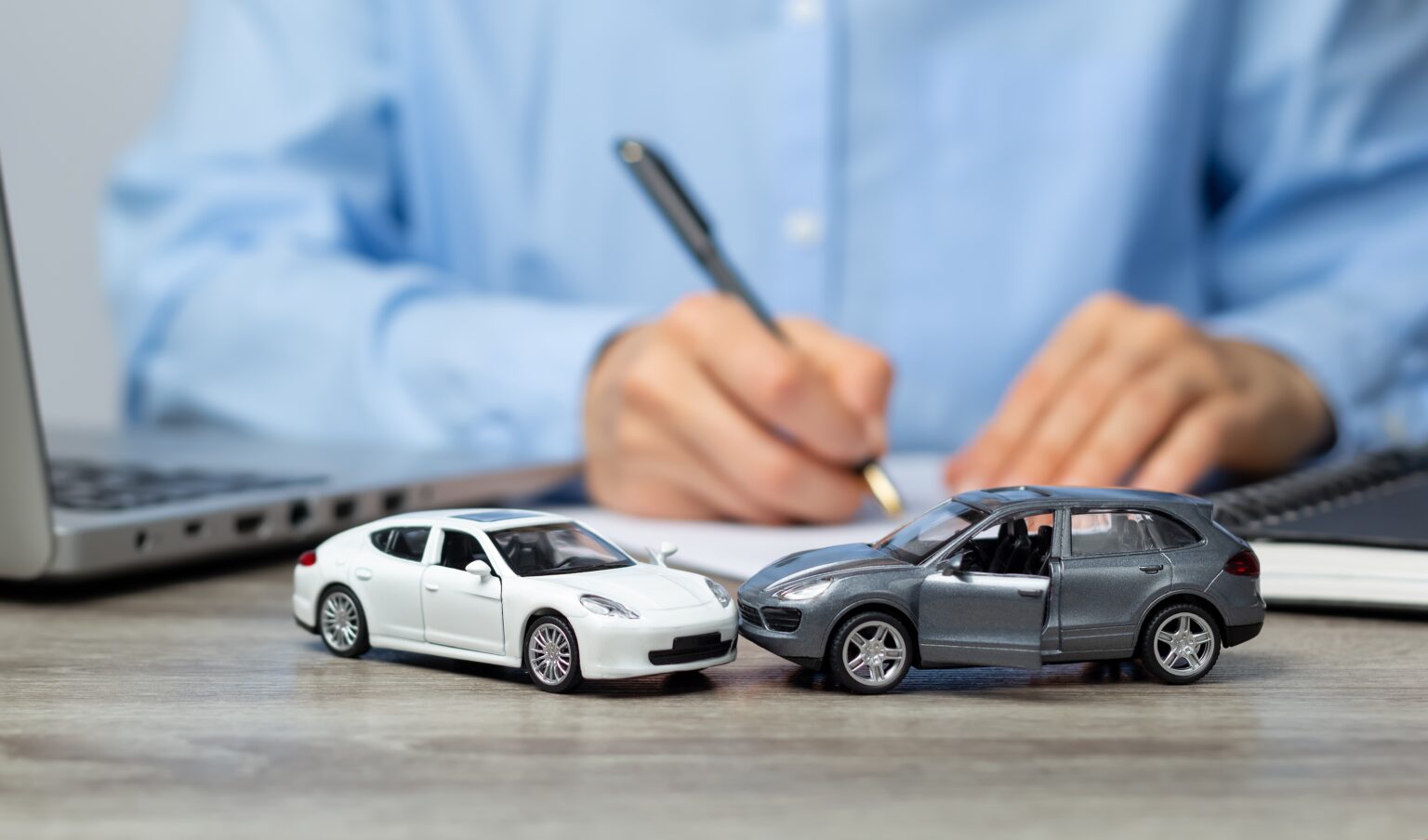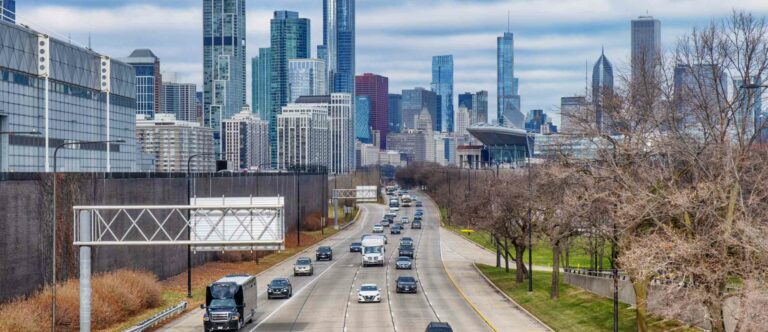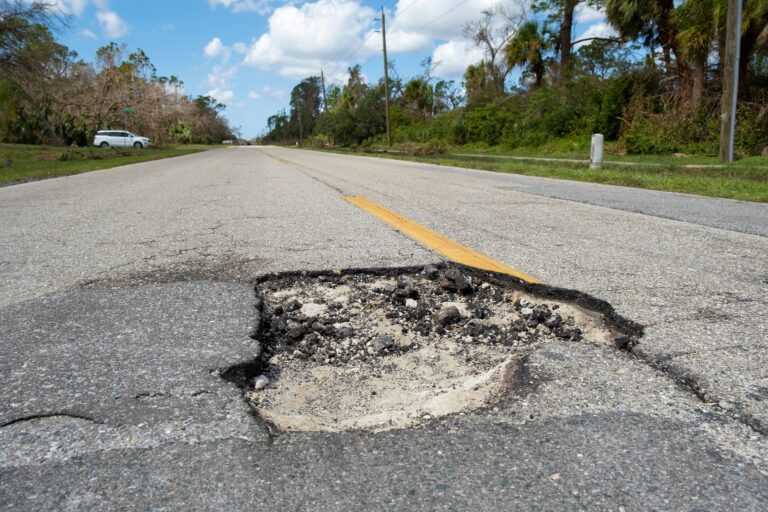Coming home after a car accident is a strange feeling. The chaos of the crash scene is over, but a new kind of turmoil is just beginning. You might be dealing with physical pain, a damaged vehicle, and a flood of calls from insurance companies.
It’s a heavy weight to carry, especially when you should be focused on your health. Many people in this situation wonder what a car accident lawyer does and if they really need one.
A lawyer steps in to manage the complex details of your claim, acting as your advocate and guide through the legal process. Their goal is to handle the stressful parts so you can concentrate on getting better.
A Chicago car accident lawyer works to lift that burden by handling specific tasks that protect your rights and build a strong case on your behalf.
Car Accident Lawyers Investigate Your Crash to Establish Fault
After you are safely home, one of the first things a lawyer does is launch a detailed investigation into the crash. This goes far beyond a quick look at a police report. They gather every piece of evidence available to prove what happened and who is responsible.
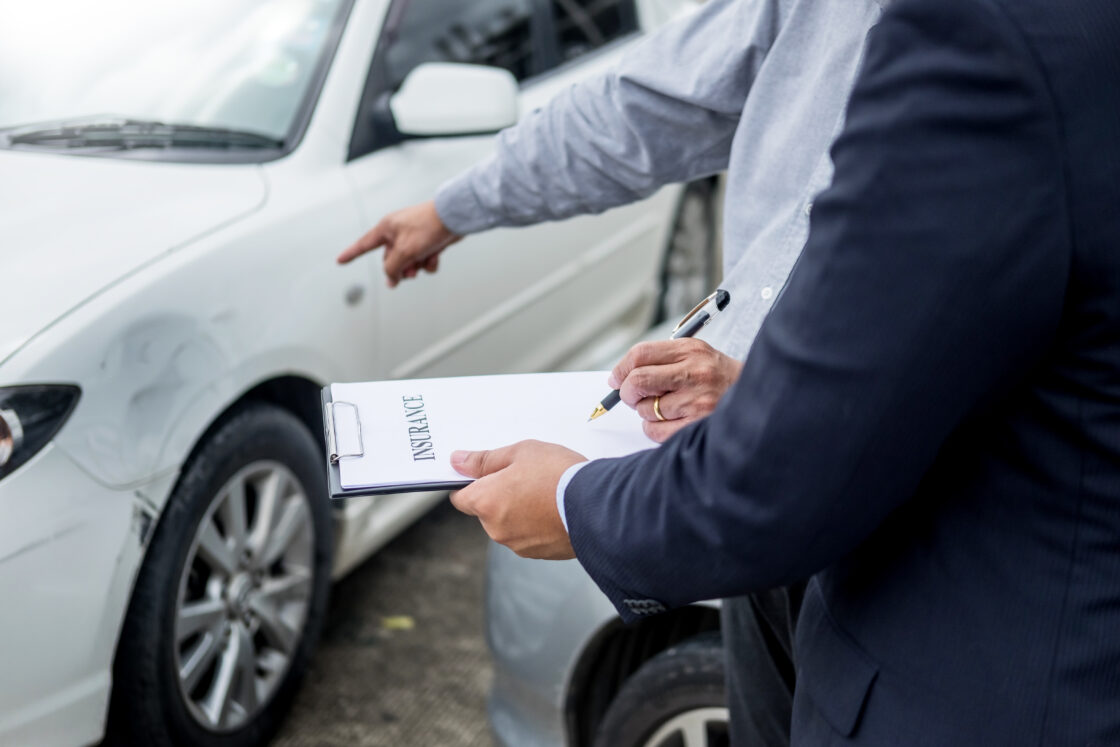
This process builds a foundation of facts to support your liability claim. Liability is just a legal term for those at fault for the accident and responsible for the damages.
Whether your accident happened on a busy stretch of the Eisenhower Expressway or a quiet side street in Lincoln Park, a thorough investigation is a key first step.
Here’s what that entails:
Police and Accident Reports: Obtaining the official report filed by law enforcement at the scene, which contains initial findings, diagrams, and witness information.
Photos and Videos: Collecting any photos or videos you took at the scene, as well as searching for nearby surveillance footage from traffic cameras or local businesses that may have captured the incident.
Witness Statements: Contacting anyone who saw the accident and getting their formal account of what they observed. A third-party perspective can be very powerful.
Your Lawyer Handles All Communication
The phone may start ringing soon after your accident. Insurance adjusters, both from your own company and the other driver’s, will likely want to speak with you. These conversations are tricky.
An insurance adjuster’s job is to protect their company’s financial interests, which can mean trying to settle your claim for the lowest possible amount. Saying the wrong thing, even something as simple as “I’m feeling okay,” could be used later to downplay your injuries.
You don’t have to take these calls when you have a lawyer. All communication gets redirected to your legal representative. This protects you from pressure and allows a professional to manage the conversation.
The Other Driver’s Insurance Company: Your lawyer will handle all correspondence, phone calls, and requests for information from the at-fault party’s insurer.
Your Insurance Company: Even your insurer may need to be involved, especially in cases with uninsured or underinsured motorists. Your attorney manages these discussions as well.
Medical Providers and Bill Collectors: A lawyer’s office helps manage the flood of medical bills by sending a “letter of protection,” which asks providers to wait for payment until the case is resolved.
Calculating the True Cost of Your Injuries
The costs of a car accident go far beyond the initial emergency room bill or the estimate from the mechanic. These total costs are called “damages” in a legal context.
Damages include every loss you have suffered because of the accident, from measurable financial costs to the more personal human costs. A lawyer works with you to identify and document these damages to present a complete picture of your losses to the insurance company.
Tallying the Economic Damages from a Car Wreck
Economic damages are the losses that have a clear price tag. They are the tangible, out-of-pocket costs you’ve faced as a direct result of the crash. Your attorney will gather bills, receipts, and employment records to calculate a precise figure for these expenses.
Medical Bills: This includes everything from the ambulance ride and hospital stay to follow-up doctor visits, physical therapy, prescription medications, and any medical equipment you might need.
Lost Wages: If your injuries prevent you from working, your lawyer will calculate the income you have lost. If your ability to earn a living is affected long-term, they will also project future lost earning capacity.
Property Damage: This covers the cost to repair or replace your vehicle and any other personal property that was damaged in the accident, like a laptop or a child’s car seat.
Accounting for Non-Economic Damages
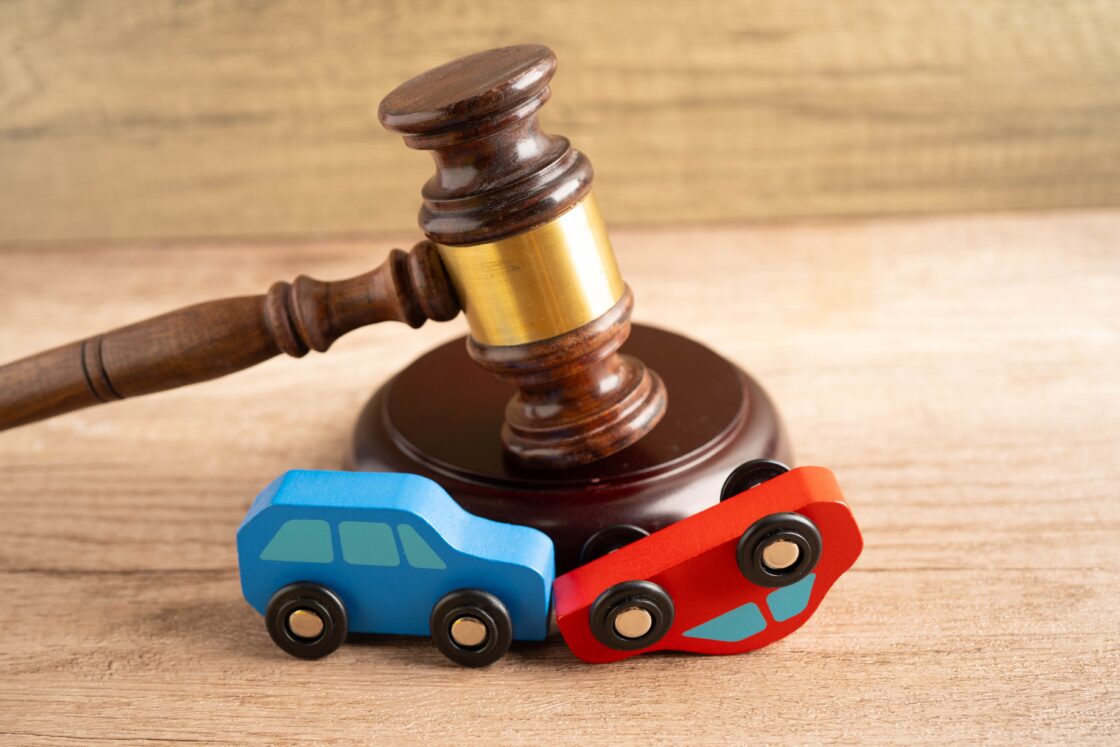
Non-economic damages are just as real as economic ones but don’t come with a simple receipt. These are the human costs of the accident—the ways your life has been negatively affected.
A lawyer gives a voice to this suffering and argues for its value during negotiations. For instance, being unable to enjoy a simple pleasure like a bike ride along the Lakefront Trail or play with your children at Maggie Daley Park has a real, profound impact on your quality of life.
Pain and Suffering: This is compensation for the physical pain and discomfort you have endured due to your injuries.
Emotional Distress: This can include feelings of anxiety, fear, depression, or post-traumatic stress disorder (PTSD) that often follow a traumatic event like a serious car crash.
Loss of Enjoyment of Life: This acknowledges that your injuries may prevent you from participating in hobbies, activities, and life experiences that brought you joy before the accident.
Taking Your Case to Court, If Necessary
Most car accident cases resolve through a settlement agreement. However, when an insurance company refuses to offer fair compensation, your lawyer will file a lawsuit. Filing a lawsuit moves the case from private negotiations into the formal court system.
Filing the Complaint: Your lawyer drafts and files a legal document called a complaint, which officially starts the lawsuit. This document tells your side of the story and specifies the damages you are seeking.
Discovery: This is a formal information-gathering phase where both sides exchange evidence. Your lawyer may send written questions to the other party, request documents, and conduct depositions. A deposition is a formal, out-of-court interview where witnesses answer questions under oath.
Trial: If a settlement still cannot be reached, the case will proceed to trial. Your lawyer will present your case to a judge or jury, question witnesses, and make legal arguments on your behalf.
What does a car accident lawyer do to prepare for trial?
In the period leading up to a trial, your attorney actively builds and strengthens your case. During this pre-trial phase, your lawyer prepares for every argument the opposing side might present.
Hiring Professionals: Your lawyer might work with an accident reconstructionist to create a scientific model of how the crash occurred. They may also consult with medical professionals to testify about the severity of your injuries and their long-term effects.
Preparing You and Witnesses: Your attorney will prepare you for what to expect, including how to answer questions during a deposition or on the witness stand. They will also prepare other witnesses who will be testifying for you.
Filing Motions: Your lawyer may file various legal motions with the court. These are formal requests for a judge to make a ruling on a specific issue in the case before the trial even begins.
Answering Your Questions and Guiding You Through the Process
Beyond the legal tasks, a car accident lawyer serves as your guide. The legal system can feel as confusing as navigating the Chicago ‘L’ train system during rush hour for the first time.
Your lawyer is your map, explaining each turn and helping you understand what is happening and what comes next. They provide clarity in a confusing time and manage your expectations about the timeline and potential outcomes.
You should feel comfortable asking your lawyer questions at any point. A good client-attorney relationship is built on clear and open communication.
Regular Updates: Your lawyer should provide you with regular updates on the status of your case, even if it’s just to let you know they are still waiting for a response from the insurer.
Clear Explanations: They should explain legal concepts and procedures in plain English, ensuring you understand the strategy and the steps being taken on your behalf.
A Listening Ear: They are there to listen to your concerns and provide reassurance as you move through one of the most difficult times in your life.
Finding a New Path After a Crash
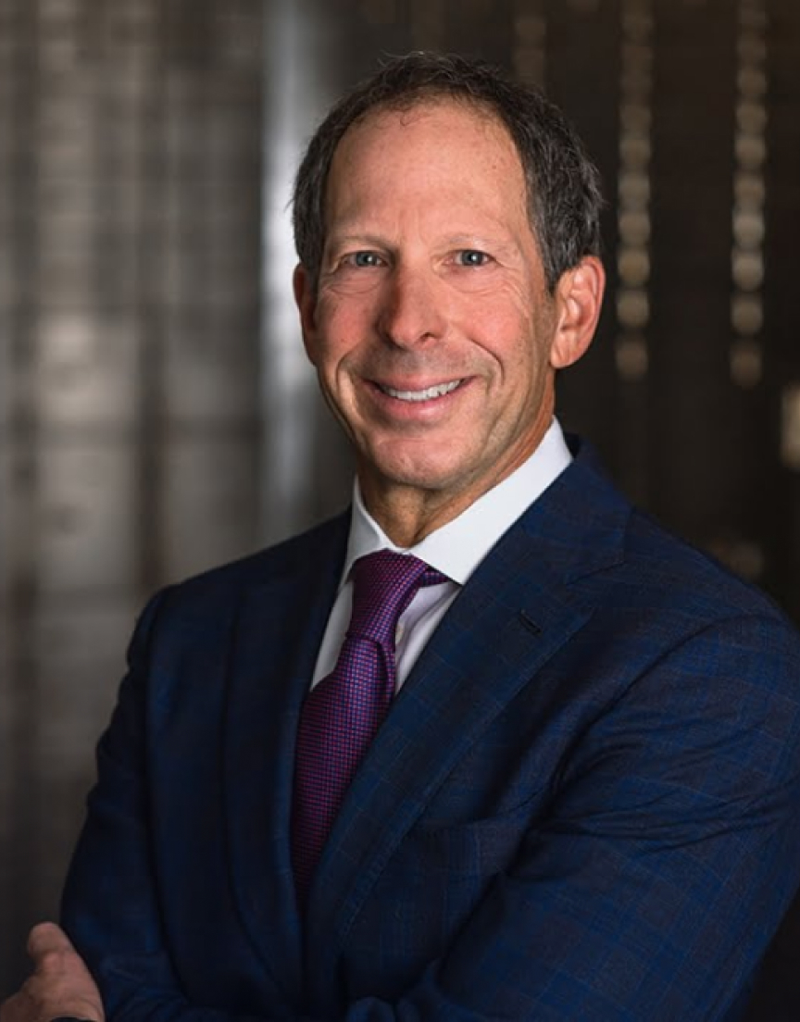
Ultimately, a Chicago personal injury lawyer takes the complex, stressful, and time-consuming legal burdens off your shoulders. From investigating the crash and dealing with insurance adjusters to calculating your total losses and fighting for a fair outcome, their work allows you to focus on the one thing that truly matters: your recovery. They handle the fight for you so you can heal.
If you feel lost after a car accident in Chicago, you do not have to navigate the path alone. The team at Walner Law is here to listen to your story and help you understand your options. We help people who have been injured get their lives back on track. For a conversation about your situation, please call us at (312) 410-8496.
Frequently Asked Questions About Car Accident Lawyers
How much does it cost to hire a car accident lawyer?
Most car accident lawyers work on a contingency fee basis. This means you do not pay any upfront fees. The lawyer’s fee is a percentage of the settlement or award they recover for you. If they do not successfully recover money for you, you do not owe them a fee.
How long will my car accident case take?
The timeline for a car accident case can vary greatly. A simple case with clear fault and minor injuries might settle in a few months. A more complex case involving severe injuries or a dispute over fault could take a year or longer, especially if a lawsuit needs to be filed.
Should I give a recorded statement to the other driver’s insurance company?
It is generally not a good idea to give a recorded statement to the at-fault driver’s insurance adjuster without first speaking to a lawyer. Adjusters are trained to ask questions that might lead you to hurt your claim unintentionally. Your lawyer can handle these communications for you.
What information should I bring to my first meeting with a lawyer?
When you meet with a lawyer for the first time, it is helpful to bring any documents you have related to the accident, including:
- The police report number or a copy of the report
- The other driver’s information
- Photos or videos of the accident scene and vehicle damage
- Any medical records or bills you have received so far
- Information about your auto insurance policy
What if the driver who hit me doesn’t have insurance?
If an uninsured or underinsured driver hits you, you may still recover compensation through your own insurance policy. Most policies include Uninsured/Underinsured Motorist (UM/UIM) coverage for this exact situation. A lawyer files a UM/UIM claim with your own insurance company.
What happens if the other driver claims the accident was my fault?
States apply different rules when both drivers share fault. In many states that use a comparative negligence system, you can still recover damages if you were partially at fault.
The court reduces your final compensation by your percentage of fault. Your lawyer builds a case to minimize your assigned fault and protect your financial recovery.
My injuries did not appear until hours or days after the crash. Can I still file a claim?
Yes. Many serious injuries, such as whiplash, internal bleeding, or concussions, have delayed symptoms. Seek a medical evaluation as soon as you feel pain or other symptoms.
A medical professional can diagnose your condition and document its connection to the accident. You must act promptly, as each state has a strict deadline, or “statute of limitations,” for filing a personal injury lawsuit.
Do I have to pay my medical bills while my case is pending?
You are technically responsible for your medical bills as you receive treatment. However, your lawyer can send a “letter of protection” to your medical providers. This letter guarantees payment to the provider from your future settlement or court award.
This action allows you to receive necessary medical care without paying out-of-pocket while your lawyer handles your claim.
What is the difference between a settlement and a trial verdict?
A settlement is a voluntary agreement between you and the insurance company to resolve your claim for an agreed-upon amount of money. Over 90% of car accident cases end in a settlement.
A trial verdict is a decision made by a judge or jury after hearing evidence from both sides. A verdict is legally binding, though subject to appeal.
Your lawyer will advise you on the risks and benefits of accepting a settlement versus proceeding to trial.


 Skip to content
Skip to content

